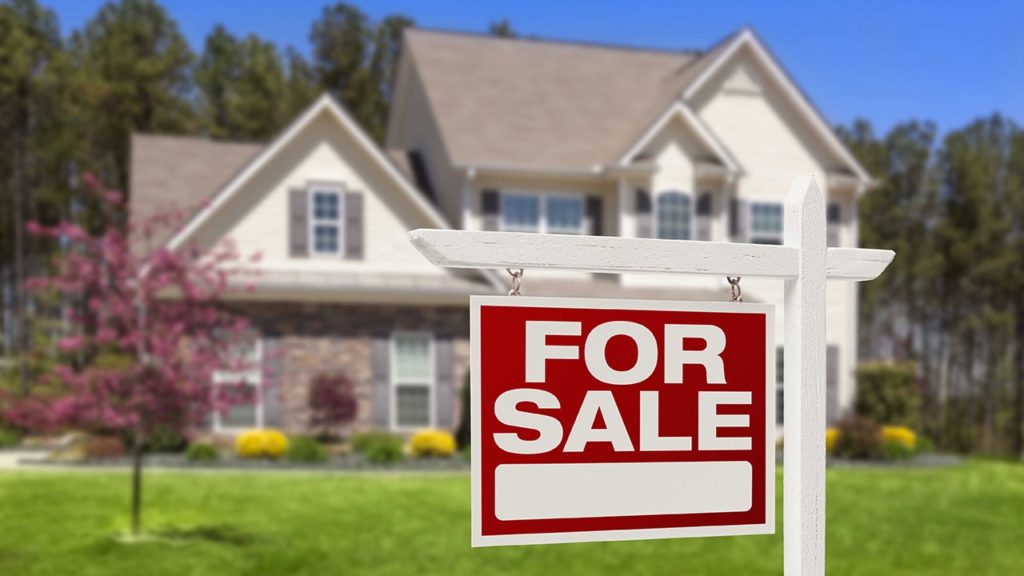Buying a home is not only one of the biggest decisions of your life, it’s also the most expensive purchase. Here are seven factors that determine your ideal price range for a home:
1. Financing
For many people, the price range is generally determined by the loan amount you can borrow. You don’t want to waste your time looking at homes that you can’t qualify to purchase, so getting pre-approved for a mortgage by a lender is the best way to narrow your home search by price. Online mortgage calculators can help you roughly estimate your monthly payments, but make sure you factor in your Principal, Interest, Taxes and Insurance (PITI).
2. Affordability
The second factor is how much home you can afford, or the monthly mortgage. You don’t want to end up “house poor” in your dream home, struggling to make ends meet or save any money, in order to afford your lifestyle. Keep in mind that lenders may approve you for a loan amount that’s well over the mortgage you can truly afford, when you factor in the taxes, maintenance, HOA dues, utilities, and furnishings.
3. Property Location
Once you start actively shopping for a new home, you may find yourself rethinking locations. In Kitsap County, house prices can vary drastically between Bainbridge Island, Kingston, Poulsbo, Silverdale, Bremerton, Port Orchard, and other towns. You may also need to think about how much acreage you need, and whether or not you’d consider rural locations or dense urban neighborhoods. Whether you value proximity to good schools, recreation, shopping and entertainment, or transit times, you should decide what matters most to you, and be willing to adjust your budget expectations accordingly.
4. Budget for Repairs or Upgrades
All homes require maintenance and upkeep, so you shouldn’t be afraid of imperfection. At the same time, you want to know sooner rather than later if your home needs a new roof, furnace, or other major repair. Sellers have to disclose known defects, but a complete home inspection offers you the most protection against hidden problems. You can ask the seller to make repairs, or reduce your offer amount, or simply pay out of pocket to fix problems down the road. Beyond that, you simply need to budget extra cash for any desired upgrades, such as new flooring, kitchen appliances, or landscaping. And in my experience, you should plan to go at least 15% over your remodeling budget.
5. Home Owners Association (HOA) Dues
Did you know that many neighborhoods and/or condo or townhome developments require paying monthly, quarterly, or annual dues? These can range from $10 per month to hundreds of dollars per month, depending on the amenities! The dues may cover things like landscaping maintenance, street improvements, access to recreation, or even some utilities like internet. But it’s also important to understand whether a property has Covenants, Conditions & Restrictions (CC&Rs) that govern its use. For example, the CC&Rs or HOA rules may forbid building a shed, or unapproved exterior paint colors. Some people prefer HOA communities because they require homeowners to maintain their yards, but others find them too restrictive. It’s all a matter of preference.
6. Home Equity
If you overpay for a house, you’ll have less equity in the future. Equity is basically the remaining balance of value after all debts or liabilities are paid off. You don’t want to end up underwater on your mortgage, owing more money than the home is worth. That’s why many loan programs require a professional appraisal before the sale, to ensure that the house is worth enough to pay off the loan in the future.
7. Return on Investment
Both cash buyers and borrowers should think about resale value. Your home is a big investment, and when you go to sell in the future, you want to maximize your profit from the sale. This can mean selling your home for more cash than you purchased it for, or getting the highest net proceeds from the sale after paying off the loan. Don’t forget that the length of time you own the home can impact your future profit. Think about how long you intend to live there, and discuss appropriate financing options with your mortgage broker or loan officer.
8. Market Conditions
Finally, talk with a trusted real estate agent about the value of the home, for the price. While it’s important that you can qualify for a loan and afford the monthly mortgage payments, you should also consider the current housing market. If you buy the best home on the block, your property value won’t appreciate as fast as other homes. And if you buy a fixer upper in an older neighborhood, you’ll have to be careful not to over-invest in upgrades.
If you’re beginning your home search in Kitsap County, I’d love to help you get started on figuring out your price range. Get in touch with me today!

